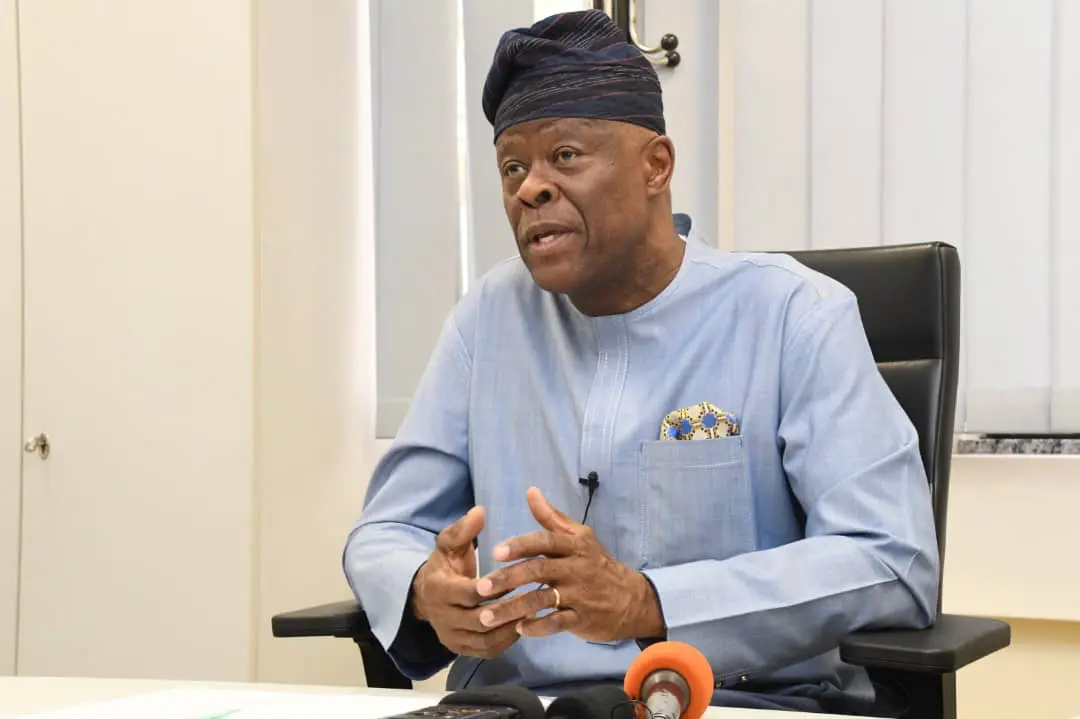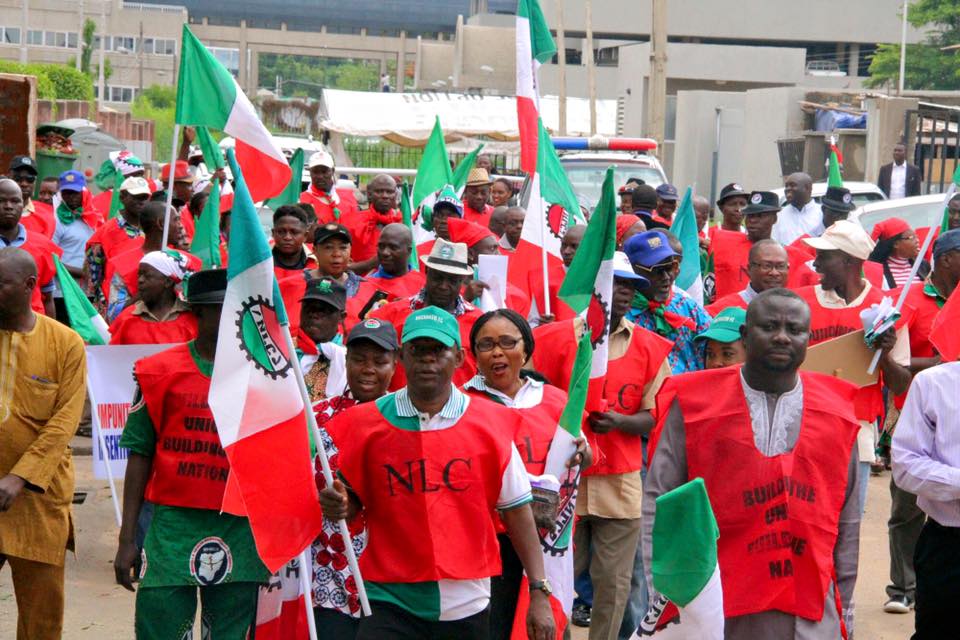September 27, 2024 – Minister of Finance and Coordinating Minister of the Economy, Wale Edun, has unveiled the government’s strategy to reduce Nigeria’s dependence on food imports and bolster domestic agricultural production. Speaking at a press conference in Abuja ahead of Nigeria’s 64th Independence Day, Edun emphasized that enhancing food security is crucial to the country’s economic recovery plan.
Key points from Edun’s address:
- Self-sufficiency goal: “Nigeria should not be importing food,” Edun stated, highlighting the unsustainability of heavy reliance on imports.
- Support for small-scale farmers: The government plans to provide essential agricultural inputs like seeds and fertilizers.
- Agricultural growth initiatives: Programs like the Nigerian Agricultural Growth Scheme aim to improve both wet and dry season harvests.
- Temporary import allowances: Maize and wheat imports are currently permitted to address immediate market instability, but with caution to protect local farming efforts.
- Long-term strategy: The government is focusing on increasing agricultural productivity by improving local seedlings and farming techniques.
- Economic reform: This agricultural push is part of a broader economic agenda, which includes addressing the effects of recent fuel subsidy removal.
Edun stressed the importance of carefully managing imports to avoid disrupting domestic food production. “It is critical that we do not disrupt farming in Nigeria by flooding the market with imports,” he cautioned.
The minister acknowledged current challenges, including rising food prices and an underperforming agricultural sector. However, he emphasized that the government’s strategy aims to move Nigeria towards agricultural self-sufficiency and stronger economic independence.
This policy shift comes as Nigeria grapples with food security issues and seeks to leverage its agricultural potential to drive economic growth and reduce import dependence.












